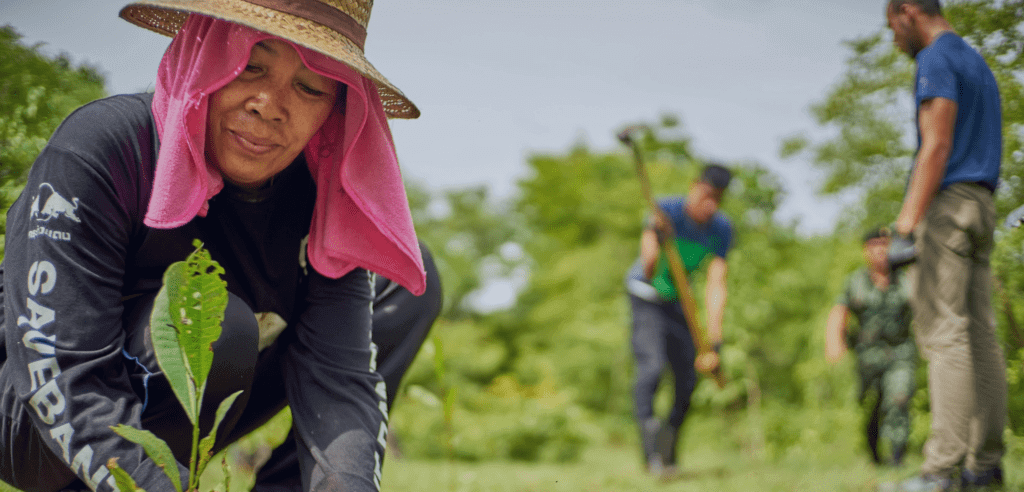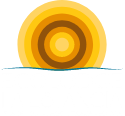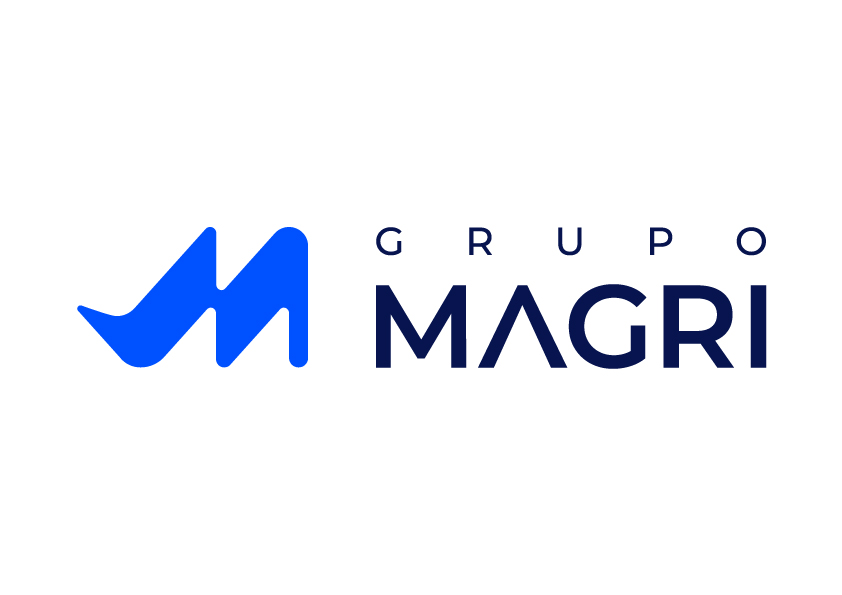At Magri Group, we began in 2010 to systematize all the Corporate Social Responsibility tasks we’ve been carrying out for a decade.
This systematization was used to steer our efforts steadily towards new sustainability levels, leading the inbound tourism and ecotourism industry in Bolivia in a dynamic and challenging environment.
In this context, we present a summary of the study on various CSR-related fields, of activities undertaken in Magri Group and at the Ecolodge La Estancia on the Isla del Sol in Lake Titicaca, part of our corporate group.


Stakeholder Groups
The following stakeholder groups related to our activities were identified:

Mission
To provide high-quality tourism services within and outside of Bolivia through efficient, safe, inclusive, and innovative operations, meeting and exceeding our clients’ expectations.

Mission
To provide high-quality tourism services within and outside of Bolivia through efficient, safe, inclusive, and innovative operations, meeting and exceeding our clients’ expectations.

Mission
To provide high-quality tourism services within and outside of Bolivia through efficient, safe, inclusive, and innovative operations, meeting and exceeding our clients’ expectations.

Mission
To provide high-quality tourism services within and outside of Bolivia through efficient, safe, inclusive, and innovative operations, meeting and exceeding our clients’ expectations.

Mission
To provide high-quality tourism services within and outside of Bolivia through efficient, safe, inclusive, and innovative operations, meeting and exceeding our clients’ expectations.
Meetings were held with each of the groups mentioned, who expressed various concerns and expectations. These were classified by priority and feasibility. These expectations were translated into action plans executed over a period, aiming for sustainable CSR work that allows the company to quantify its results for continuous improvement.
Plans, Actions, and Results
Our sustainability strategy in business, social, and community matters is structured based on the three pillars of corporate social responsibility: economic dimension, social dimension, and environmental dimension, in which various activities were carried out:

Economic Dimension
- Economic support to communities where we operate.
- Creation of land and lake transport use policies.
- Implementation of supplier payment policies.
- Backing community social projects.

Social Dimension
- Promotion of mission, vision, principles, and values to all stakeholders.
- Food handling procedures.
- Formulation of hiring, induction, and function manual processes.
- Assessment of the company’s organizational work environment.
- The formal establishment of safety and health policies in operations.

Environmental Dimension
- Respect for the agricultural terraces on the Isla del Sol.
- Execution of efficient water and energy use policies.
- Reforestation with native plants.
- Waste management and improved composting.
- Environmental awareness in all areas.




